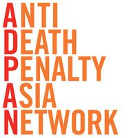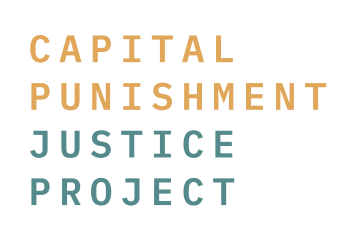Malaysia: Foreign national’s death sentence upheld in a first for resentencing process
We, the undersigned civil society organisations, are monitoring the development of the resentencing process for death row prisoners in Malaysia with growing concerns. News and court observers on 17 January 2024 reported that the death penalty was upheld in the case involving an Indonesian national, Junaidi Bambang.
The facts of Junaidi’s case indicate that he was convicted of killing his three daughters before attempting suicide. This is a strong indication that he may have an underlying mental health condition, and thus, it is concerning that there was no further examination on this throughout his resentencing appeal. It is also noteworthy that Malaysian law remains lacking in the identification and acknowledgement of mental health conditions that might impact the evaluation of a person’s culpability — even more so for those accused of deathworthy offences.
Since the start of the resentencing process in November 2023, there has been a trend where hearings are resolved rapidly with limited avenues for lawyers to conduct in-depth mitigation investigations that are necessary in order to adduce detailed mitigating evidence that is required to assist applicants seeking a review of their death sentences.
Junaidi’s case is a clear example of the need for in-depth mitigation investigation. He has spent over two decades on death row, during which there have been significant developments in the understanding of human psychiatry. Yet, there was no discussion on his mental health during his resentencing hearing in spite of it being relevant to his application for his death sentence to be removed. Failure to hear and examine these issues in full may amount to a violation of the right to a fair trial, rendering any resulting execution as an arbitrary execution.
Furthermore, the conduct of the public prosecutor in resentencing hearings for cases of murder has been deeply worrying. The prosecution has persisted in demanding the death penalty to be retained despite cases clearly exhibiting mitigating factors that ought to have been taken into account. As the Malaysian government and Parliament have provided a clear direction with their policies on the death penalty, there must be consistency between the imposition of the death penalty and government policy direction towards restricting the death penalty to the most serious crimes and only imposed in the rarest of rare cases.
We call on the Malaysian government to do all that is necessary to ensure that the resentencing process adheres to international standards on the right to a fair trial, and provide lawyers and death row prisoners with the necessary resources and time to fully develop and present mitigating evidence in their cases, including detailed mental health assessments, for upcoming hearings. Clear sentencing guidelines should be developed and implemented to ensure fairness and legal certainty in the process of sentencing — including ensuring that resentencing applicants have access to justice and are able to adduce detailed mitigating evidence in their defence.
Signed:
Anti-Death Penalty Asia Network, Malaysia
Capital Punishment Justice Project, Australia
Eleos Justice, Faculty of Law, Monash University, Australia
Ensemble contre la peine de mort (ECPM), France
Harm Reduction International, United Kingdom
Lembaga Bantuan Hukum Masyarakat (LBHM), Indonesia
Reprieve, United Kingdom







